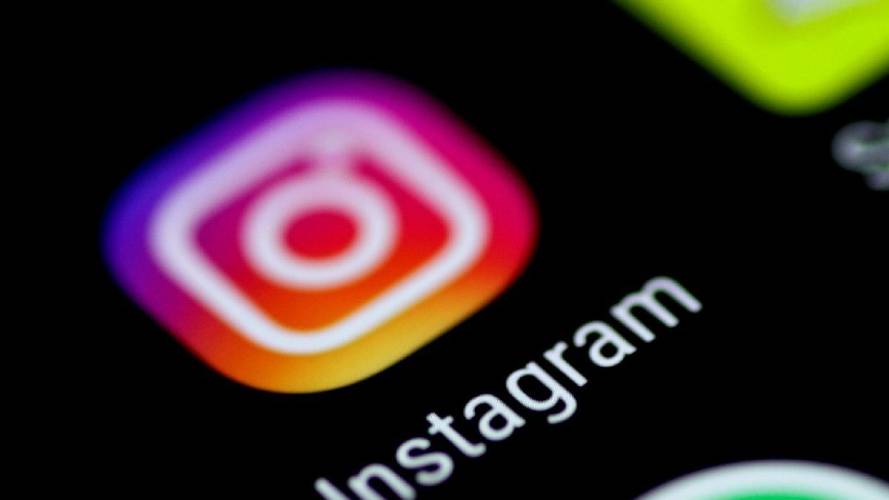×
The Standard e-Paper
Smart Minds Choose Us

Instagram appears to be considering removing the like count on users' photos, in what would be a major change for the Facebook-owned photo-sharing app.
According to code found within the latest version of the Instagram app, the company is experimenting with hiding the number of likes a post gets.